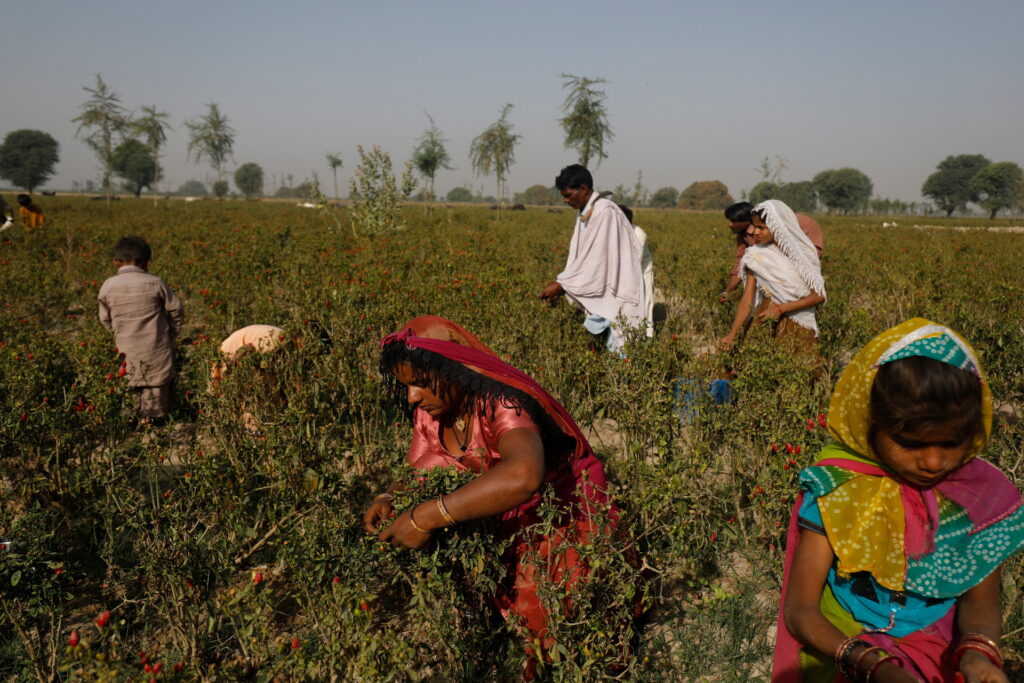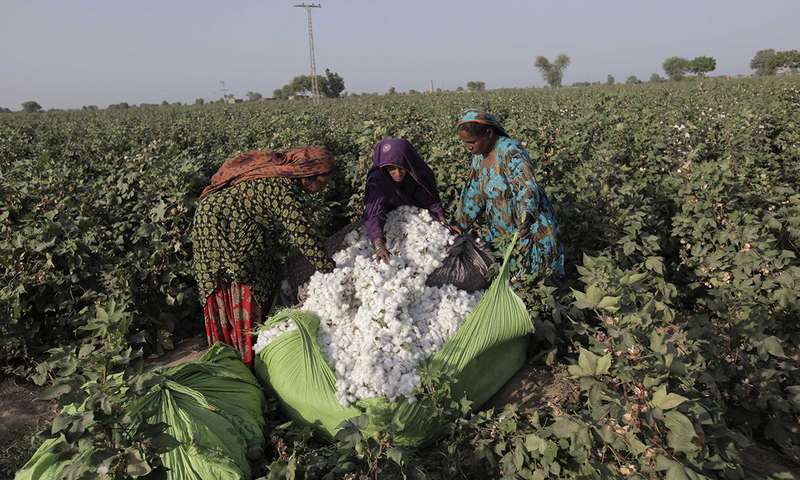
December 14, 2023
Role of human Rights welfare society Pakistan To Empowering Women in Rural Areas for Sustainable Development and Climate Action.
The Human Rights Welfare Society Pakistan plays a significant role in empowering women in rural areas for sustainable development and climate action. Through its various initiatives and programs, the organization aims to address the socio-economic barriers faced by women and promote gender equality and environmental sustainability.

The following are some of the key roles of the Human Rights Welfare Society Pakistan in empowering women in rural areas for sustainable development and climate action:
- Providing Access to Education and Skills Development: The organization works towards providing educational opportunities to women in rural areas, including computer training programs. By equipping them with essential skills, such as computer literacy, the organization enables women to acquire practical knowledge and enhance their employability and entrepreneurship prospects. This access to education and skills development empowers women to actively participate in sustainable development and climate action initiatives.
- Promoting Gender Equality and Women’s Empowerment: The organization recognizes the importance of gender equality as a catalyst for sustainable development. It advocates for the rights of women in rural areas, empowers them through awareness-raising campaigns, skill-building workshops, and capacity-building programs. By promoting women’s empowerment, the organization aims to create a gender-balanced society where women have equal opportunities to participate in decision-making processes, tackle climate change, and contribute to sustainable development.
- Advocating for Climate Change Mitigation: The Human Rights Welfare Society Pakistan actively advocates for climate change mitigation in rural communities. It raises awareness about climate change issues, fosters a sense of environmental responsibility, and educates women about sustainable practices. By promoting climate-resilient practices, such as afforestation, waste management, renewable energy, and sustainable agriculture techniques, the organization empowers women to take a proactive role in mitigating climate change impacts.
- Fostering Collaboration and Networking: The organization facilitates collaboration and networking among women in rural areas through various initiatives and platforms. By bringing women together, it creates a supportive environment where they can share experiences, exchange ideas, and collaborate on projects related to sustainable development and climate action. This collaboration fosters collective action, innovation, and knowledge-sharing, strengthening the impact of women’s efforts in combating climate change.
- Providing Support and Resources: The Human Rights Welfare Society Pakistan offers support and resources to women in rural areas to help them implement sustainable development initiatives. This includes access to funding opportunities, technical assistance, and mentorship programs, which enable women to turn their ideas into actionable projects that contribute to sustainable development and climate action.
- Advocating for Policy Reforms: The organization actively engages with policymakers, government institutions, and other stakeholders to advocate for policy reforms that promote gender equality, sustainable development, and climate action. By highlighting the specific needs and concerns of women in rural areas, it works towards the implementation of policies that address these issues effectively.

All Categories
- Agricultural Methods
- Agriculture and Women Small Farmers Rights Awareness
- Climate Change
- Disable and Human Rights
- Disable Jobs
- Donation
- Education
- Health Issues
- Organic Foods
- Organic Vegetables
- Orphans Children
- Plastic production and disposal
- Services
- Sinking in Scarcity
- Success Stories
- Uncategorized
- Waste Management
- Women Rights
- Youth Empowerment
Recent Posts
Muhammad bukhsh0 Comments
Chairperson of Senior Citizen Forum Sargodha, Recently Visited Sundus Foundation Thalassemia Center
Muhammad bukhsh0 Comments
Climate Change Communication: Fostering Public Awareness and Understanding
Muhammad bukhsh0 Comments




